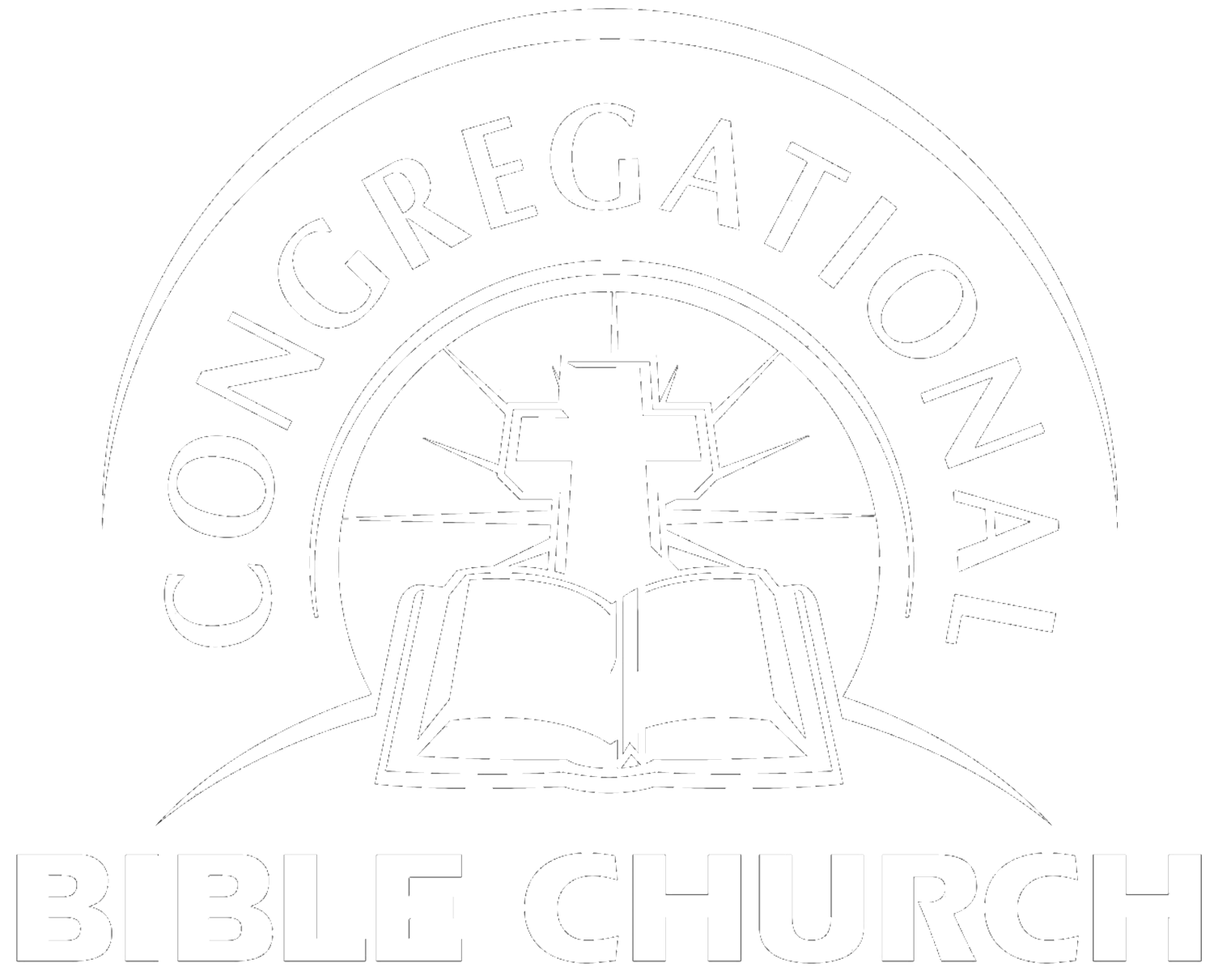There are certain areas of theology that draw my interest more than others. While all theology drives my everyday life, some areas I pursue more. One area of theology that I am speaking of is the area of Apologetics. Now, apologetics sounds like the study of how to give an apology, and that is the literal understanding of the word, but in Greek, an apologia was a defense. It wasn’t about saying “I’m sorry,” it was about being able to rationally and logically defend one’s position using the rules of argumentation. So, the theological area of apologetics is the study of how to defend the faith. Are there rational, logical, coherent proofs for the Christian faith and the Bible or do we just live on blind faith alone? Apologetics is the practice of defending the faith from outside attacks, as well as, offering proofs for why we believe.
My interest in apologetics began in college. Going to a secular college and coming to faith in Christ there meant that I had to be equipped and prepared to be able to explain what I believe and why. As you can guess, a secular college is not the greatest breeding ground for newfound Christian faith. The anti-God bias is very strong in college and I really had to work through this question: is my faith in Christ and the Bible based on solid evidence and reason, or is it just some fairy tale I chose to believe in? Books on apologetics would reveal to me that evidence for Christ and the Bible are very real and present and our faith is not blind faith at all.
I remember not being focused with engaging people of other religions, but of people who called themselves atheists. I knew the Bible said, “the fool has said in his heart ‘there is no God’” (Psalm 14:1) but atheists always seemed so sure and confident. They said their views were based on reason, proof, and evidence, and so as a Christian, I felt overwhelmed in trying to debate the existence of God with them.
But there were serious questions that I wondered how atheists could answer. Questions like: How did something come from nothing (the universe)? How did non-life create life? How does physical matter create something like consciousness? These are questions that I had for atheists that didn’t seem to have any real scientific answer. In fact, the answers they gave all sounded like beliefs! And that is weird because they deride faith, right? The answers were, “we think this happened” or “we assume this happened.” That sounded like faith! They are the ones who reject any type of faith, yet the views they hold require just as much faith as a Christian!
But I still wondered how to accurately engage the arguments of atheism, but also, be ready to defend what I believe about God and Scripture (1 Pet 3:15). When the title of this book came across my eyes I grabbed it immediately and devoured it with interest. The title of this month’s book recommendation is I Don’t Have Enough Faith to be an Atheist. It seemed like everything I wanted to learn was bound up in that title.
The book is an apologetic defense of the Bible, God, and the Christian faith but it takes an interesting approach. The first four or five chapters do not mention anything about the Bible or quote Scripture; that comes later. The first few chapters chronicle the various arguments for the existence of God starting from the very beginning of the concept of truth itself, to developing a rational, coherent explanation for the existence of God. The authors use the cosmological argument, the teleological argument, and the moral argument to show that belief in God is the most reasonable truth in the universe. But, along the way, the authors poke holes in the tenets and beliefs of atheism. They continually give the refrain, “I don’t have enough faith to be an atheist” showing that to be an atheist is to actually exercise more blind faith than the Christian! As the book goes on, the proofs continue not just for the existence of a god, but for the God of the Bible and His Son Jesus Christ.
At the end of the day, we are not trying to win an argument, we are trying to win people to Jesus Christ. So, if you read this book in order to argue with people you’ve missed the point. At the least, this book prepares you to engage and deconstruct the arguments of atheists to show them their beliefs are based on much more faith than a Christian’s. But also, this book can be a real faith booster to the Christian who needs to see evidence and proof to back up what he believes.


